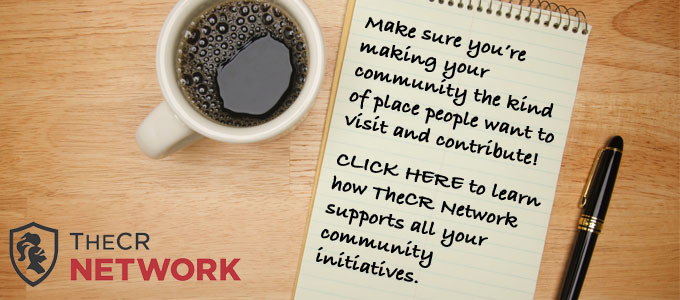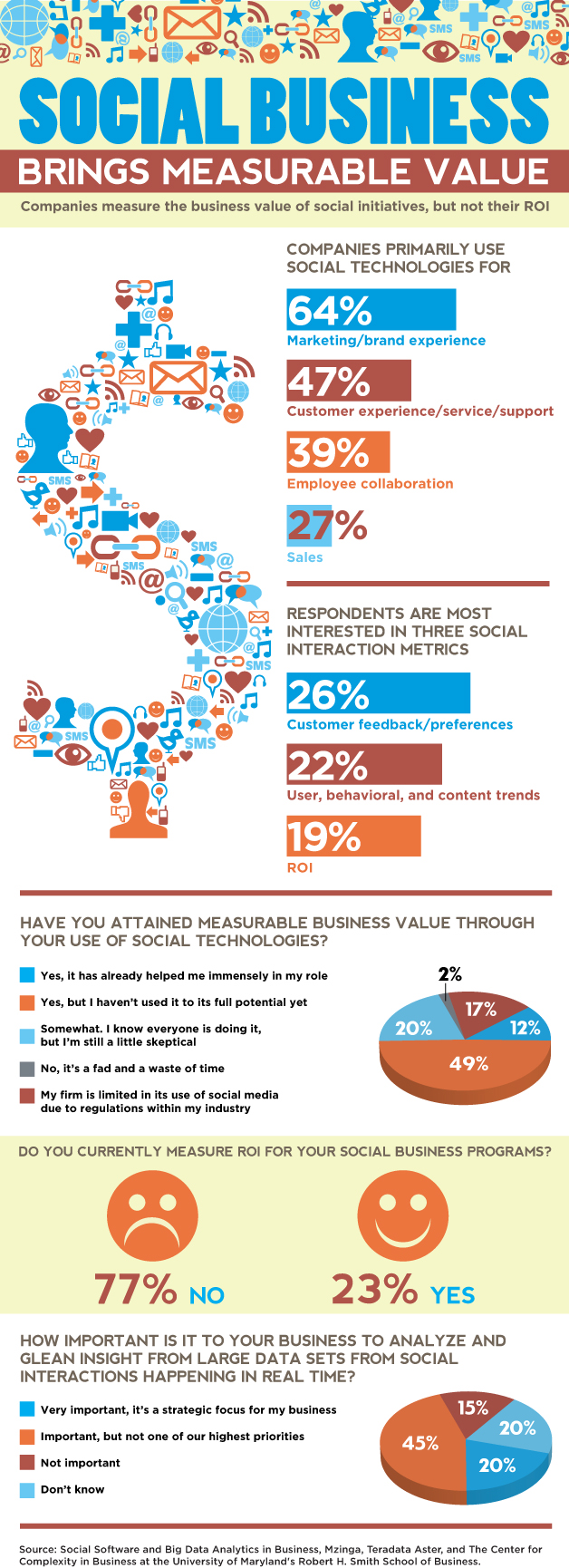When we talk about the eight competencies of the Community Maturity Model people tend to get really excited about the work they do for culture, or content and programming. There are even those among us (Jillian, I’m looking at you!) that get super fired up about metrics and measurement. Policies and governance tends to get overlooked, which is crazy since our research shows that paying attention to the policies in place in your community has a big impact.
This case study from Aetna illustrates how having a comprehensive governance strategy for your community can ensure a consistent brand voice. You’ll learn how Aetna uses a community playbook, comprehensive social media training, and regular social media audits to achieve their community governance goals.
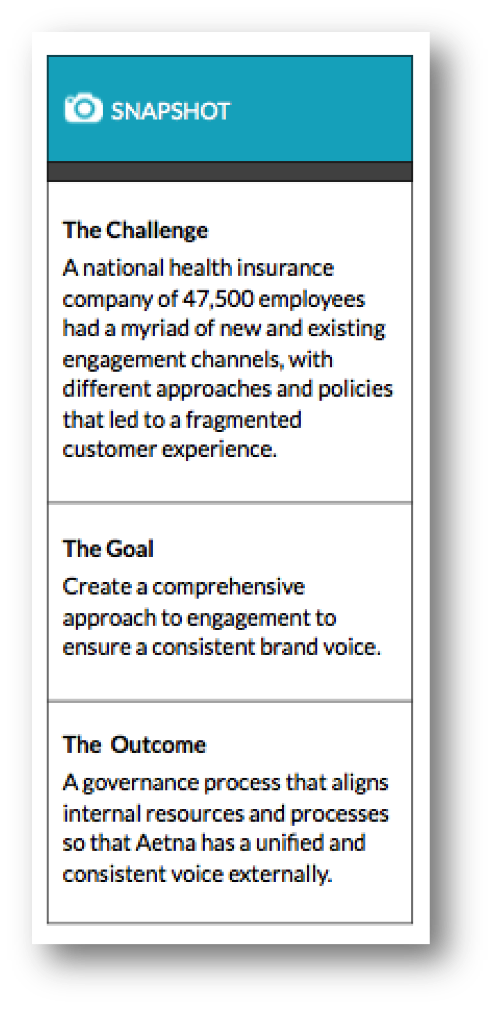
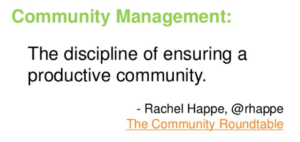 Looking to get started in community management, or just need a refresher on the basics? Check out these community management 101 resources! We’re highlighting the fundamentals of community management in this week’s
Looking to get started in community management, or just need a refresher on the basics? Check out these community management 101 resources! We’re highlighting the fundamentals of community management in this week’s 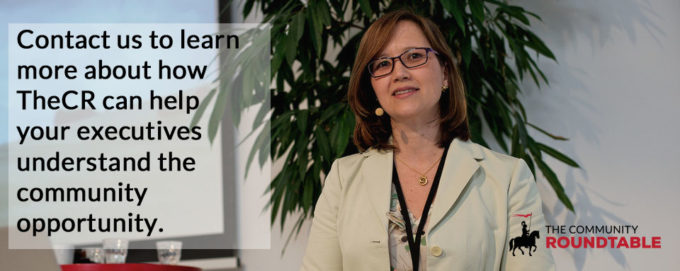
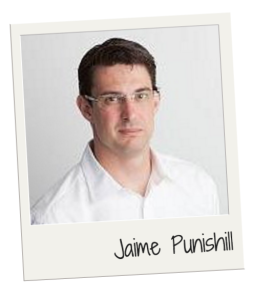 Need some help convincing executives why your organization needs to be more active in social media and community?
Need some help convincing executives why your organization needs to be more active in social media and community? 
